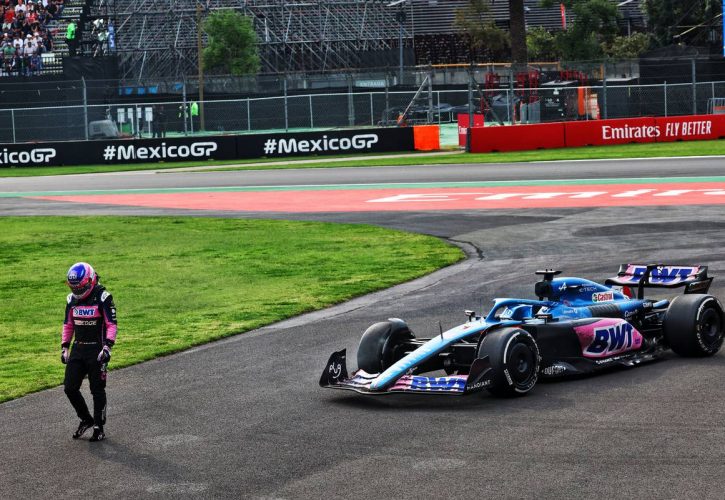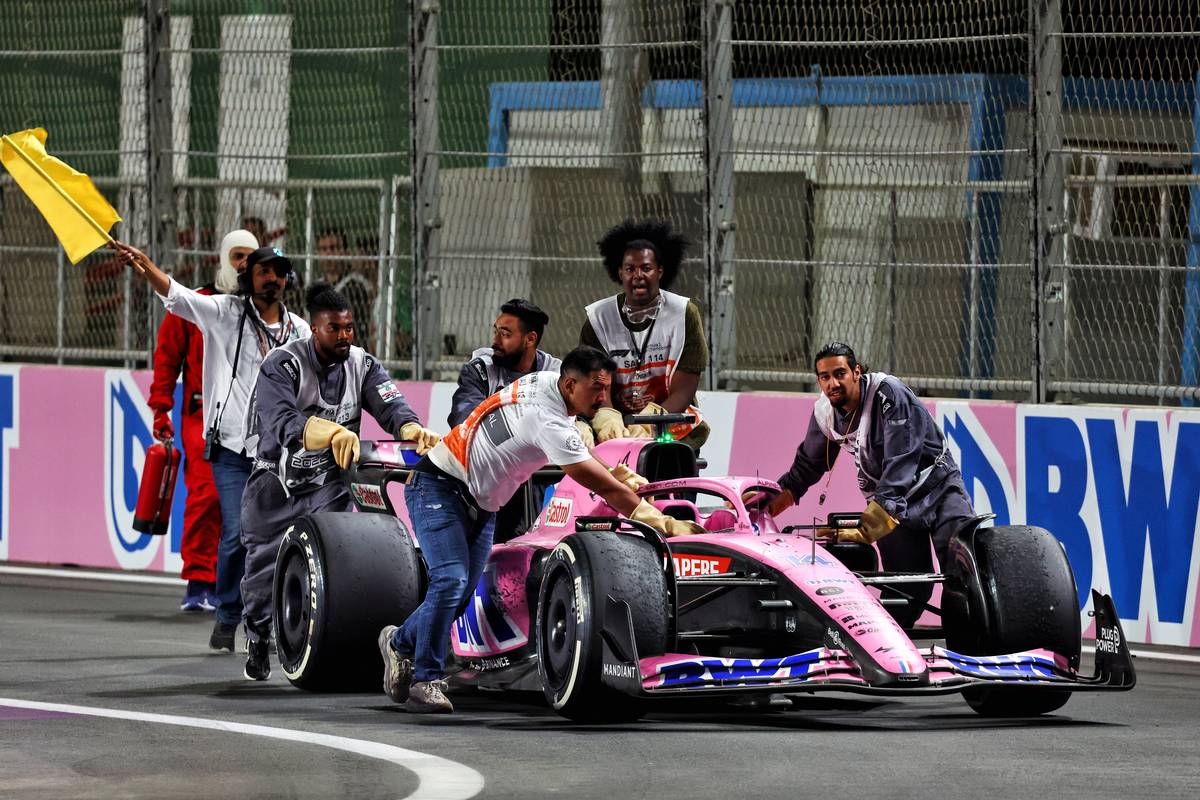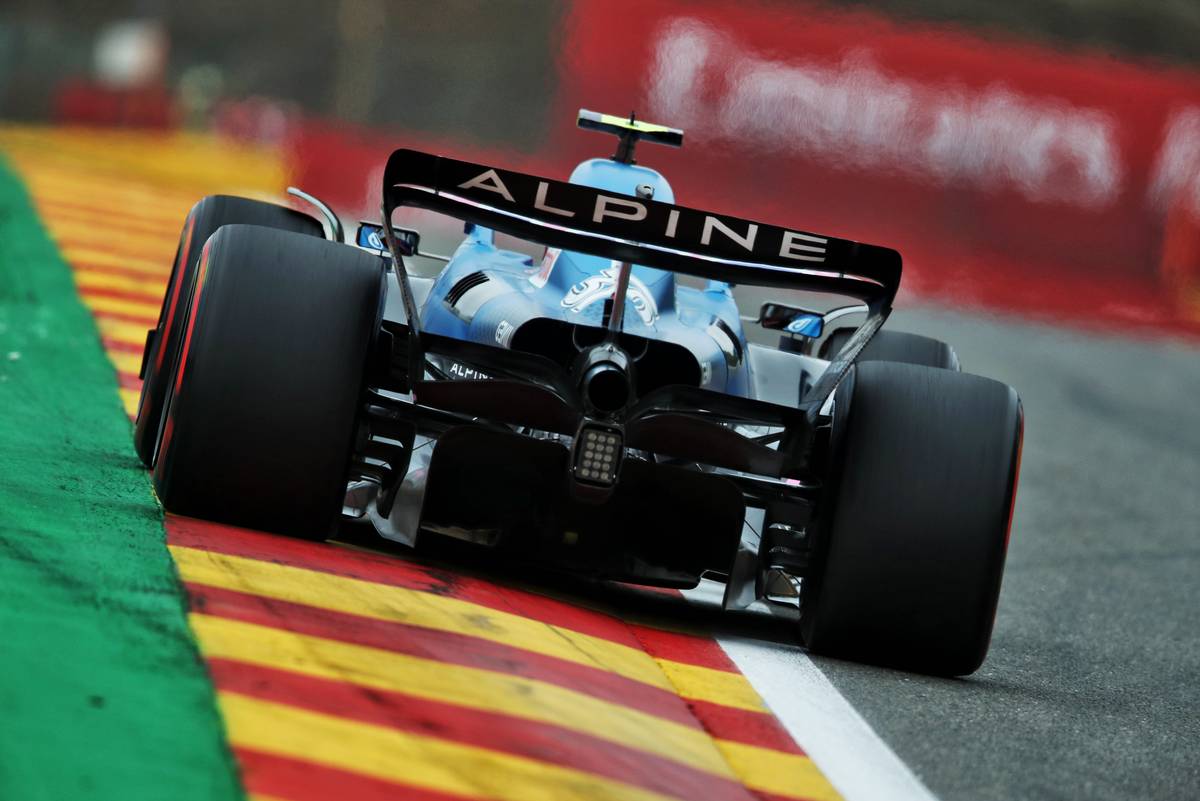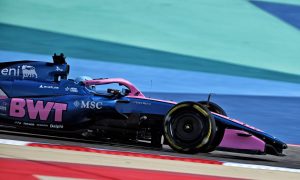
Alpine's engine supplier Renault is confident it can solve for 2023 the water pump issues that impacted the Enstone squad's reliability in 2022.
Part of Alpine's performance gains last season were due to Renault's major revamp of its power unit that included extensive architecture changes in all areas, the internal combustion engine, the ERS, the turbo and its positioning in the car, as well as a switch to the split turbo layout that Mercedes pioneered in 2014.
However, as Renault's engineers at Viry-Châtillon prioritized performance over reliability, a few issues emerged related to the engine's auxiliary components that especially impacted Fernando Alonso's side of the garage.
Over the course of the season, the Spaniard suffered four engine-related DNFs: in Jeddah, Monza, Singapore and in Mexico City.
But Renault engine boss Bruno Famin insists there is no fundamental issue hiding deep within the guts of its engine.

"We have not got a really major issue on the engine itself, on the ICE," explained Famin.
"We had problems in Singapore, which is a fact. It was very strange in fact because to have two different problems in eight laps difference was quite incredible, but we had it.
"All the other problems we had were much more on the auxiliaries side; water pump, fuel pump. And this is something we are quite optimistic that we will be able to solve for ‘23."
Read also:
Famin made clear that there would be no need for Renault to change how it operates its engine next season, or to rein in the unit's power to ensure solid reliability.
Instead, its focus is on improving the concept and design of its auxiliary components.
"I think we are not going to go back in anything," he said. "We are going to work and we are already working deeply on details especially on the auxiliary side.
"The water pump has been a headache all season long for us. We improved it as much as we could in '22, but it was clearly not enough.
"It was the concept itself of the water pump we had to change, and we are going to change it for '23. Then we really hope that the problem will be solved from next year."

Finally, Renault is also working on the validation process of its engine reliability, a procedure that was not prioritized last season given the manufacturer's focus on performance.
"We are pushing our validation processes and trying to improve it and trying to do it in the best possible way for a much better way than we have done for ‘22"” he said.
"If we had not done it fully in ‘22, it was not because we did not want this. It was because we preferred to push on the development side.
"The target for ‘23 is to keep the same level of performance for sure and to make everything reliable."
Keep up to date with all the F1 news via Facebook and Twitter







